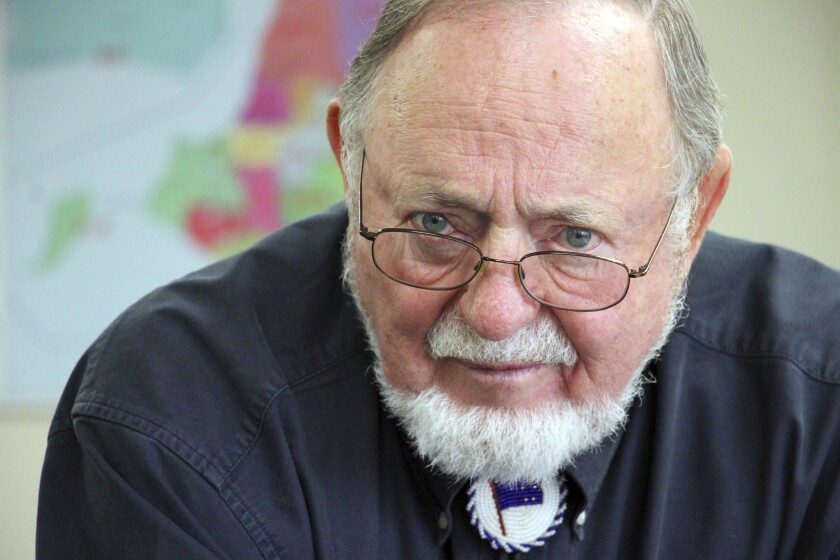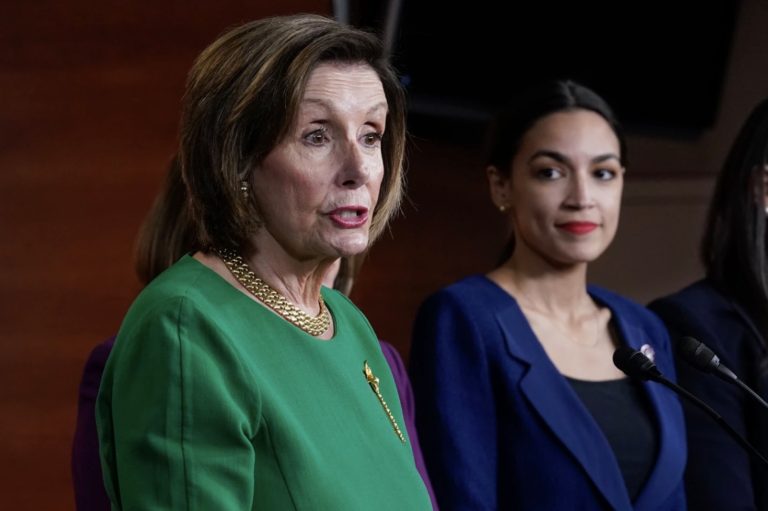
A little over a week ago it was reported that Representative Don Young (AK), Dean of the House of Representatives, had passed away on a plane flight to Seattle.
His impact on Alaska – the state he had represented for the past 49 years – cannot be overstated. As Alaska’s sole envoy to the House of Representatives for about 3/4 of the time that Alaska has been a state, Young was well known for his ability to bring infrastructure and federal dollars to Alaska. Dubbed, the “king of pork” – whether this is a good name or not is up for debate – Young was especially known for his contributions to the Trans-Alaska pipeline, which he called “the most important legislation passed that affect[s] every Alaskan”, “next to statehood itself”.
However, in my opinion, the biggest piece of Young’s legacy was his style. Before Congress, he served as mayor of Fort Yukon, a small 700-or-so person town right inside of the Arctic Circle. Here, he cultivated what was later known as his ‘frontiersman persona’. When not performing his ‘mayoral duties’, he was either teaching a 5th-grade elementary class or delivering products and supplies to the village people as a licensed mariner.
While his origin story makes him sound like the picture of an all-American frontiersman, it became this ‘frontiersman persona’ that was responsible for Young’s more ‘flashy’ moments. He was well known for his blunt style and being prone to off-the-cuff remarks. In fact, he was well known for his cruel treatment towards animals. In 1994, he became infamous for brandishing an 18-inch walrus penis during a Congressional hearing regarding Alaskan Natives and their rights to sell endangered animals’ organs as aphrodisiacs. He also called the BP oil spill a “natural phenomena” and introduced legislation that attempted to loosen restrictions on the US Fish and Wildlife Service’s ban on the ivory trade.
However, just as Young’s style made him unusually harsh in his treatment of animals (and of certain minority groups), his split from ‘politics-as-usual’ resulted surprisingly in his fair share of bipartisanship. He became an early adopter of cannabis legalization and founded the Congressional Cannabis Caucus with other Democratic and Republican lawmakers. Additionally, he was known for his support of organized labor (voting for the PRO Act during the 116th Congress) and indigenous women’s rights, introducing legislation to solve the crisis of missing indigenous women, and voting for the reauthorization of the Violence Against Women Act. In recent years, he was also one of the most common Republican votes during the Biden administration and was one of the 13 House Republican votes for Biden’s physical infrastructure bill.
Beyond his record, he was known for his close relationships with lawmakers, political ideologies notwithstanding. For example, in 2021 he endorsed Congresswoman Deb Haaland’s (D-NM) nomination to be Biden’s Secretary of the Interior despite immense Republican opposition, citing his past work with her and noting that an indigenous woman at the head of the department was “long overdue”. His support helped Haaland land the votes of moderate Democratic and Republican lawmakers, culminating in her confirmation.
While Young had an incredibly mixed record, one can hardly say he was inauthentic. If anything, Young’s actions prove that he was doing what he thought was right for the people he served. In this, he was a true maverick.
His bipartisanship and ‘maverick-ness’ were not limited to a single issue that he could point to as a record of his commitment to said ‘maverick-ness’. He did not go into the business of politics to look cool or to run for a higher office. He stayed put for half of a century.
Rather importantly, Young’s identity as a maverick wasn’t at the end of a long political transformation that attempted to fabricate a political story. He wasn’t constantly keeping himself from risk-taking in politics in order to appear more palatable. Don Young was never a ‘curated’ person, and he would say something he felt regardless of the favor it garnered (or lost) him.
Sometimes his willingness to fight the establishment would take on more literal terms, as Young had quite the reputation for threatening people with knives. But back to the point–
If we can take anything from Don Young’s time in Congress, it should be that we need more people willing to stand up for what they believe in regardless of party label. Young understood that his unique and diverse Alaskan constituency required more of him than the partisan labels that he was ascribed. Yes, of course, emulating this bipartisanship is easier said than done, but if we just start by understanding the importance of authenticity in politics – and cast our votes accordingly – we may get one step closer to avoiding the immense polarization that has plagued our politics.
Recent years have shown just how devastating political tribalism can be to our democracy, almost resulting in the destruction of democratic rule itself.
Don Young was someone who was able to be bipartisan and never lose sight of his core values. He was unabashed in the things he cared about and fighting for his constituents. And we need more of that.


